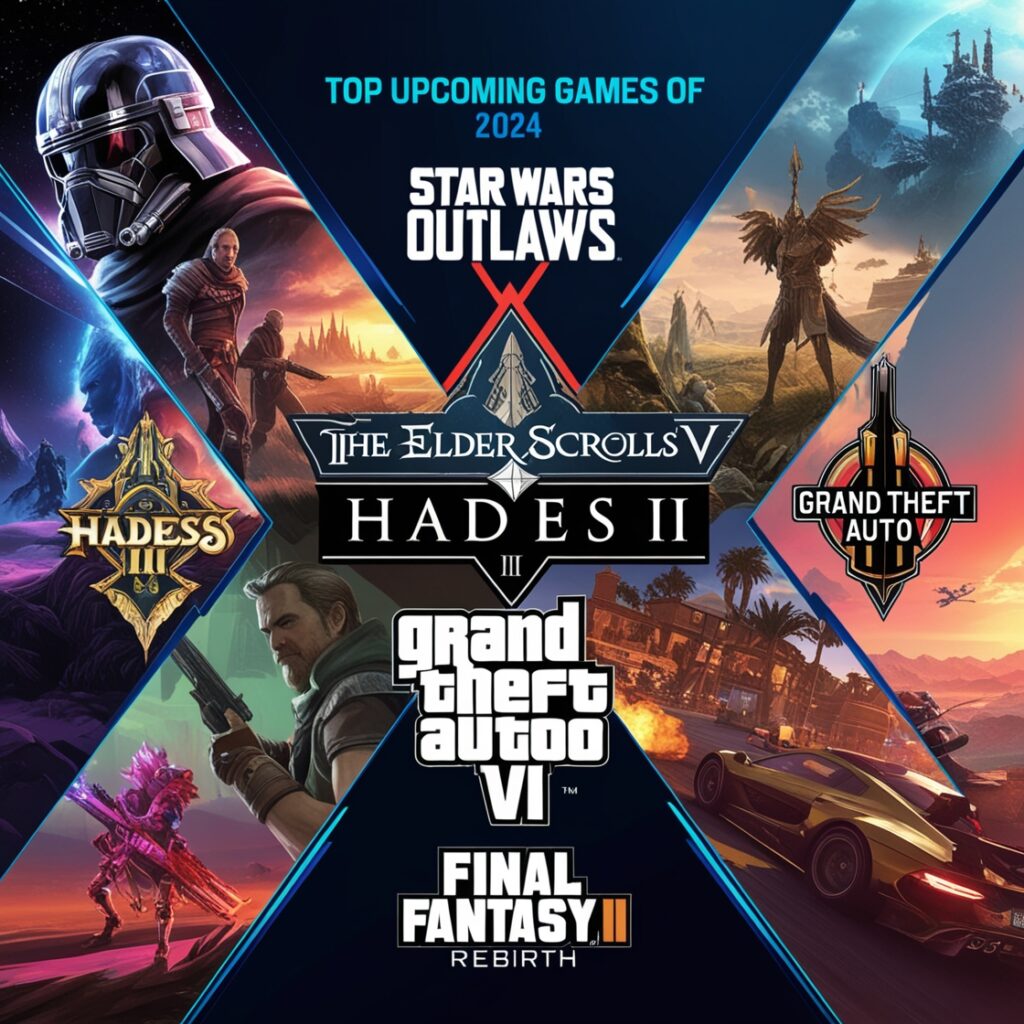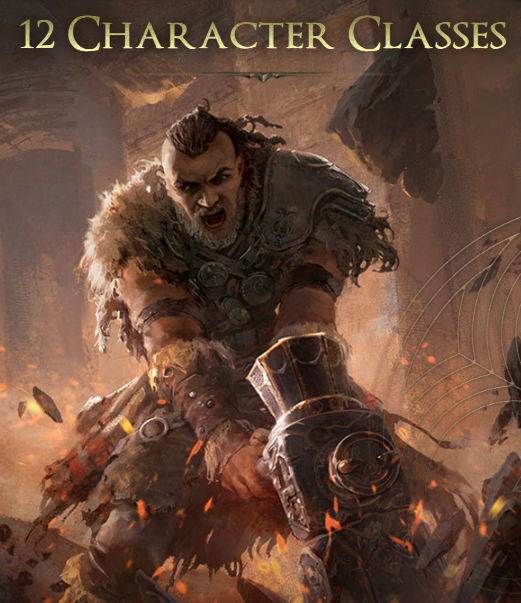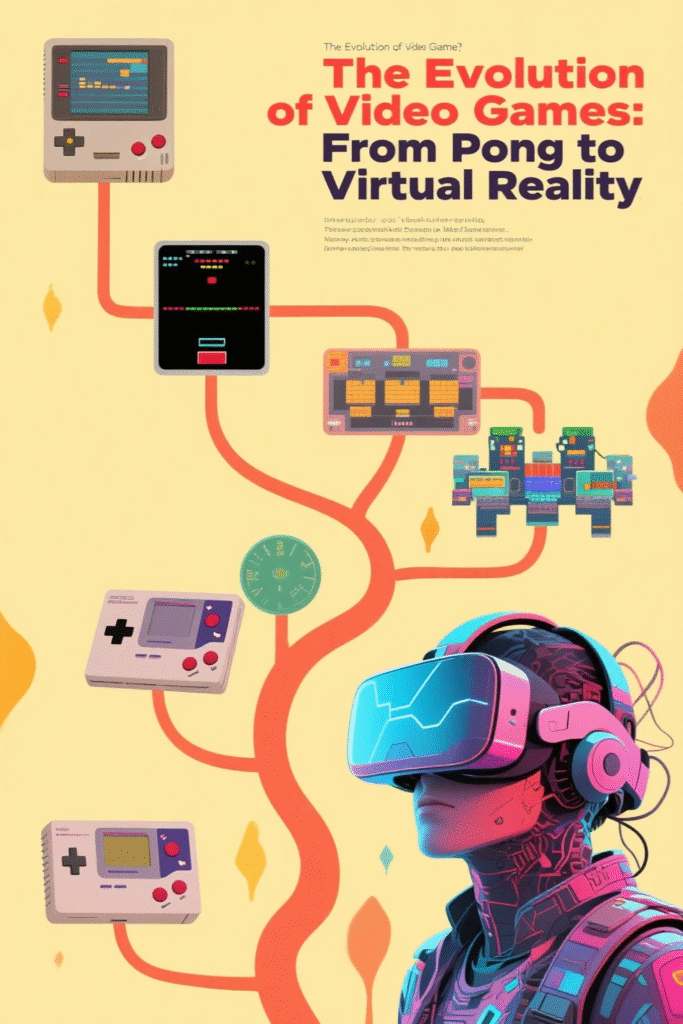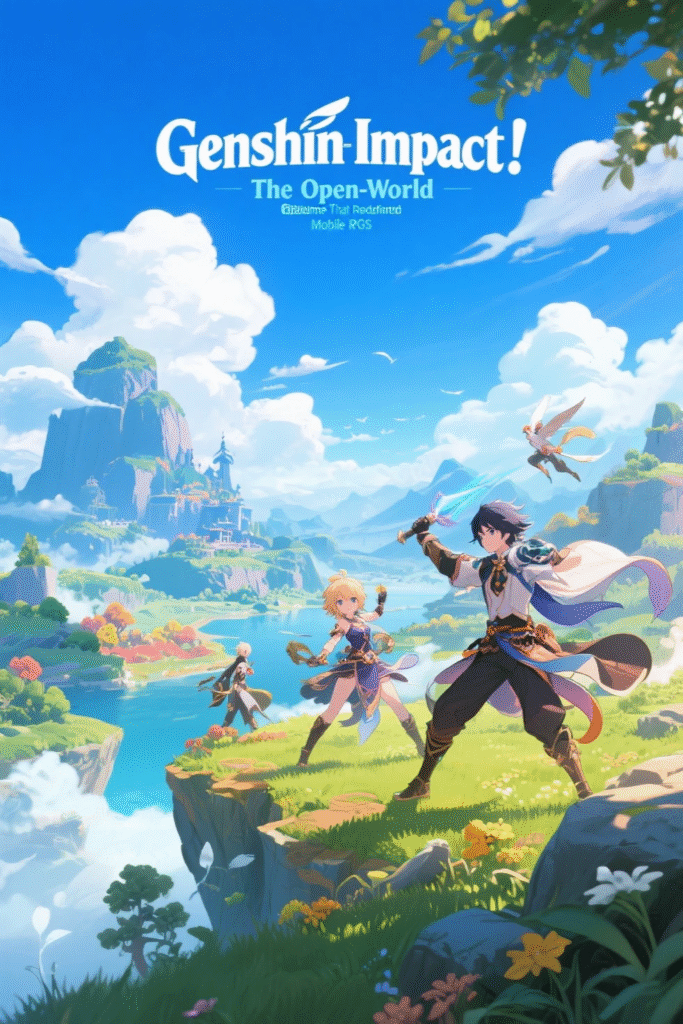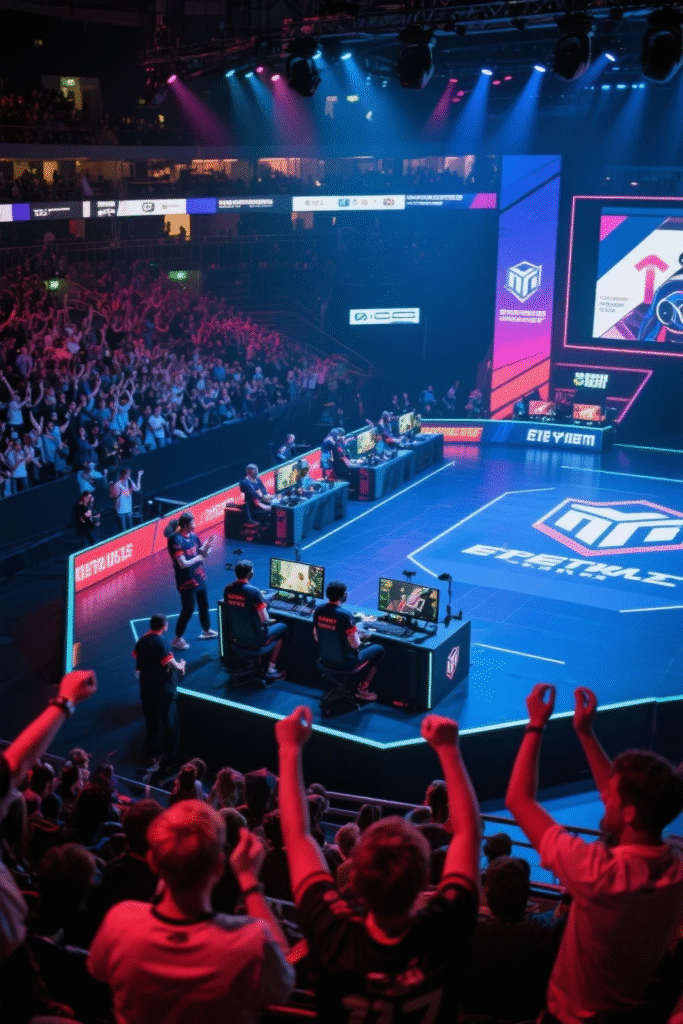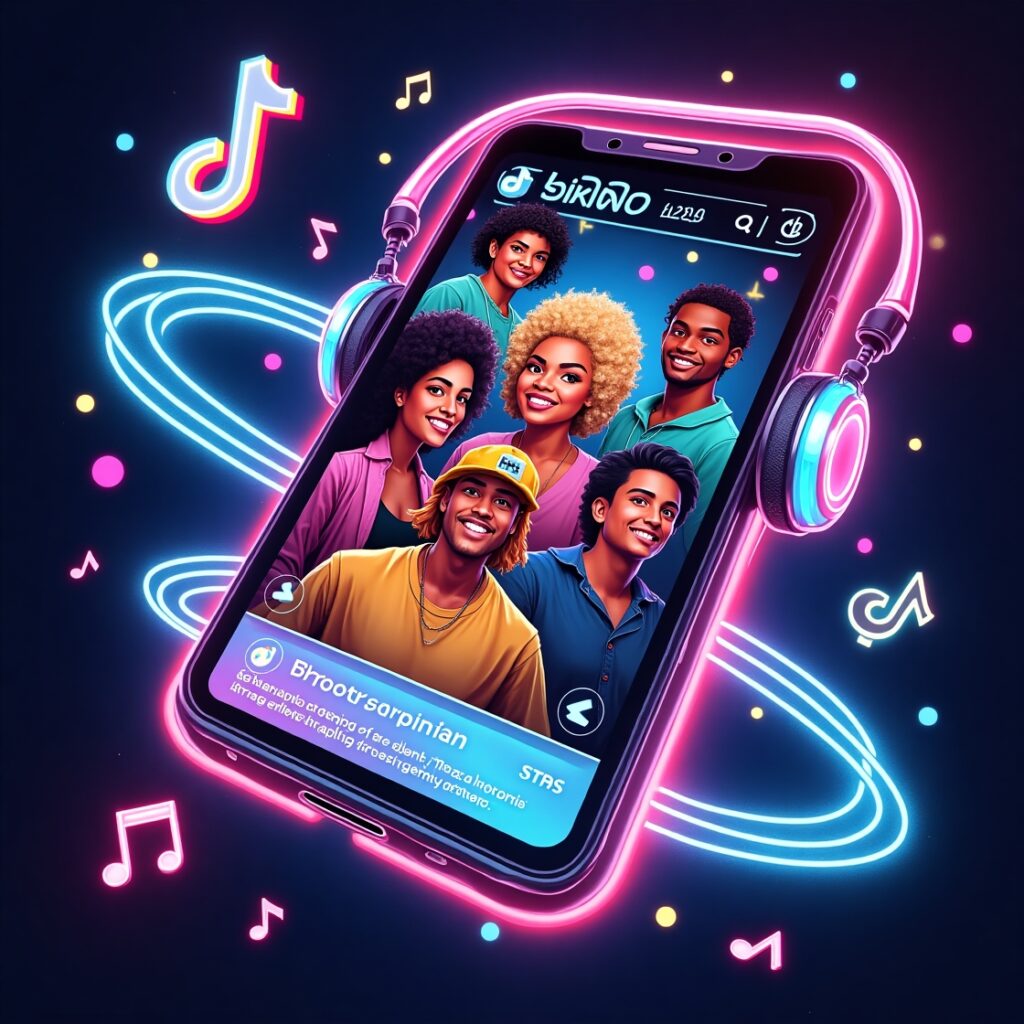By Bizbuzzup
Introduction
In the last decade, mobile gaming has become the most dominant force in the gaming industry. With over 3.5 billion smartphone users globally, mobile games are accessible, portable, and incredibly addictive. But what exactly makes a mobile game so hard to put down? From psychological design to social mechanics, these games are built to hook you. In this article, we’ll explore the top 10 most addictive mobile games of all time—and break down the science behind their appeal.
1. Candy Crush Saga
Developer: King
Released: 2012
Why it’s addictive:
- Uses variable reward schedules like slot machines.
- Bright colors, popping sounds, and smooth animations release dopamine.
- Limited lives create urgency and scarcity.
Candy Crush has maintained its grip thanks to constant updates and social integration. It’s simple to learn, but challenging to master.
2. Clash of Clans
Developer: Supercell
Released: 2012
Why it’s addictive:
- Strategic depth + long-term investment in base-building.
- Players form clans and battle together—social accountability increases retention.
- Time-gated upgrades keep players coming back.
It’s not just a game—it’s a long-term commitment.
3. PUBG Mobile
Developer: Tencent Games
Released: 2018
Why it’s addictive:
- Battle royale format creates unpredictable outcomes.
- Competitive leaderboard and ranking system.
- Offers intense short bursts of gameplay and social squad play.
PUBG Mobile raised the bar for FPS games on smartphones and built a loyal global fanbase.
4. Pokémon GO
Developer: Niantic
Released: 2016
Why it’s addictive:
- Blends real-world exploration with virtual gameplay.
- Uses GPS, AR, and social events to keep things dynamic.
- Encourages physical activity—a rare quality in games.
With regular events and community days, it’s still thriving.
5. Subway Surfers
Developer: SYBO Games
Released: 2012
Why it’s addictive:
- Endless runner format with progressive difficulty.
- Fast-paced, visually rich, and perfect for quick play sessions.
- Rewards skill and timing, creating a high replay value.
It’s a classic example of frictionless fun.
6. 8 Ball Pool
Developer: Miniclip
Released: 2010
Why it’s addictive:
- Realistic physics + competitive multiplayer.
- Earn coins, rank up, and play in tournaments.
- Short, satisfying sessions fuel rapid engagement.
Its simplicity makes it one of the most downloaded games in the world.
7. Among Us
Developer: InnerSloth
Released: 2018 (Popular in 2020)
Why it’s addictive:
- Social deduction with friends or strangers.
- Unpredictable gameplay—every session feels fresh.
- Customization and memes boosted its viral appeal.
Proof that simple design + social dynamics = magic.
8. Genshin Impact
Developer: miHoYo
Released: 2020
Why it’s addictive:
- AAA graphics and open-world exploration—on mobile!
- Gacha mechanics appeal to collectors and completionists.
- Daily quests, events, and a rich story create deep engagement.
This game blurred the line between console and mobile.
9. Temple Run
Developer: Imangi Studios
Released: 2011
Why it’s addictive:
- Fast, reflex-driven gameplay.
- Progressive score chasing promotes mastery.
- Easy to pick up, hard to put down.
It set the standard for endless runners.
10. Coin Master
Developer: Moon Active
Released: 2016
Why it’s addictive:
- Combines slot machine mechanics with base-building.
- Social attacks and revenge features create emotional stakes.
- Simple, satisfying feedback loop: Spin. Win. Upgrade.
It’s casual gambling in disguise—dangerously engaging.
Why These Games Work: The Psychology Behind Addiction
All these titles rely on behavioral psychology principles:
- Dopamine loops: Repetitive reward cycles stimulate the brain’s pleasure center.
- Social proof: Leaderboards and friend challenges increase engagement.
- Loss aversion: Players fear missing out on limited-time events or rewards.
- Microtransactions: Small purchases create sunk-cost fallacy, increasing time spent.
These mechanics, when combined, create a loop that keeps players coming back—even when they don’t want to.
Final Thoughts
Addictive mobile games don’t succeed by accident—they are expertly designed to capture and hold attention. While they offer entertainment and even social connection, players must be mindful of their screen time and spending habits. Understanding what makes these games tick can help you play smarter—and maybe even build the next viral game yourself.
By Bizbuzzup

